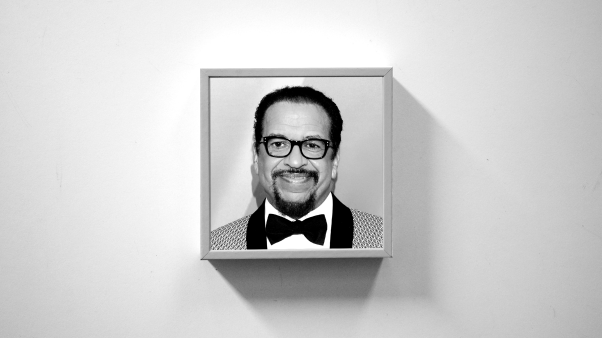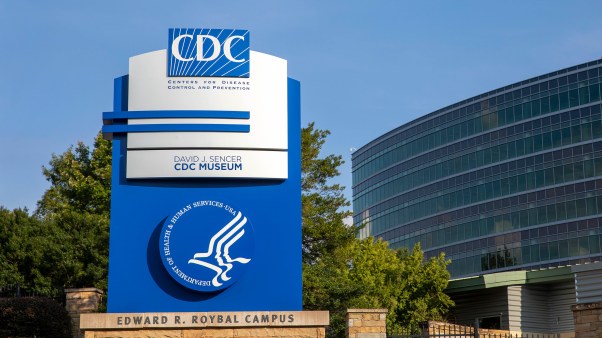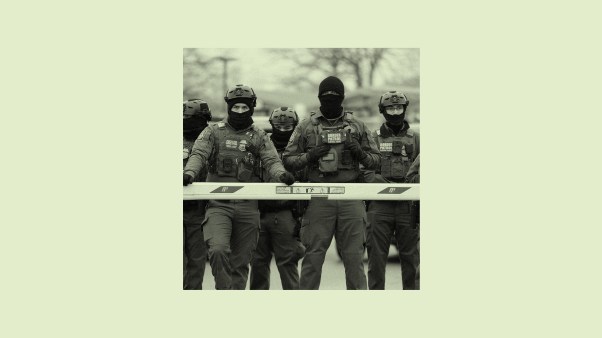Mike was a hard-core veteran police detective. When his wife, Maria, started attending our services, Mike was upset. He vowed to investigate my background and repeatedly referred to the church as a cult and money-making scam.
It’s difficult to fault Mike for his suspicion. In big cities distrust is almost a survival instinct. Here in Chicago, charlatans, con artists, schemers, and users are always looking for an angle to take advantage of the unguarded. But even outside the urban jungle, the church is not immune to the suspicious eye of an increasingly distrusting public.
Images of pedophile priests in handcuffs, televangelists with mistresses, and pastors indicted for fraud have not helped the public perception of “religious” people and the church. To be honest, I don’t trust the man with a “Reverend” business card any more than the used car salesman down the street. Now that I think about it, I share the same distrust that most of my unbelieving neighbors, like Mike, do.
That’s why bridging the “trust gap” is an essential first step for effective outreach today, and it begins by getting to know people. It sounds simple, and that may be why many overlook it. In general, we distrust people we do not know. Trust travels through relational networks and that takes time. It cannot be rushed, or fabricated, or mass-produced.
In a culture of suspicion, building trust requires putting down roots and establishing personal relationships. But a church also needs to establish a corporate relationship with its community, revealing genuine care for the needs around it. And both of these, the individual and the corporate relationships, take time.
There is no shortcut to building trust and no quick way to defeat suspicion.
After God planted the Jewish exiles in Babylon he told them to seek the wellbeing of their new pagan city because if it prospered they would prosper, too (Jer. 29:7). Their wellbeing was tied into the peace and prosperity of the city in which they lived. This is the second way to rebuild trust in a suspicious culture—genuinely care for the wellbeing of your community.
Two years ago we decided to look more intentionally at the needs of our neighborhoods. After studying these needs we were prepared to act. Since then we have hosted GED classes, after-school programs, job skills training for the elderly, free immunizations, marriage seminars, recovery support groups, counseling, a homeless ministry, and cooking classes. This has earned us a reputation for wanting to help our community.
Recently the vice president of the local school council stopped by our office with her two children. She asked if we would consider starting an after-school program for the children of her school. She had heard of our commitment to young people, and it made her our ally immediately. She was willing to trust her most precious possessions, her children, to the care of a church she has never attended. But it all began with caring enough to study our community’s needs.
Despite his initial distrust of our church, Mike started attending services with his wife and friends from church he met at a backyard barbeque. These relationships took time to develop, but they were the first critical step toward bridging the trust gap.
Then Mike began to see our congregation’s acts of love for the city. We cared about others, not just ourselves. The mistrust gap grew even smaller.
Eventually, Mike gave his life to Christ and today he helps lead a weekly Bible study for men helping to bridge the trust gap for others.
Mark Jobe is senior pastor of New Life Church in Chicago, Illinois.
Copyright © 2008 by the author or Christianity Today/Leadership Journal.Click here for reprint information on Leadership Journal.









